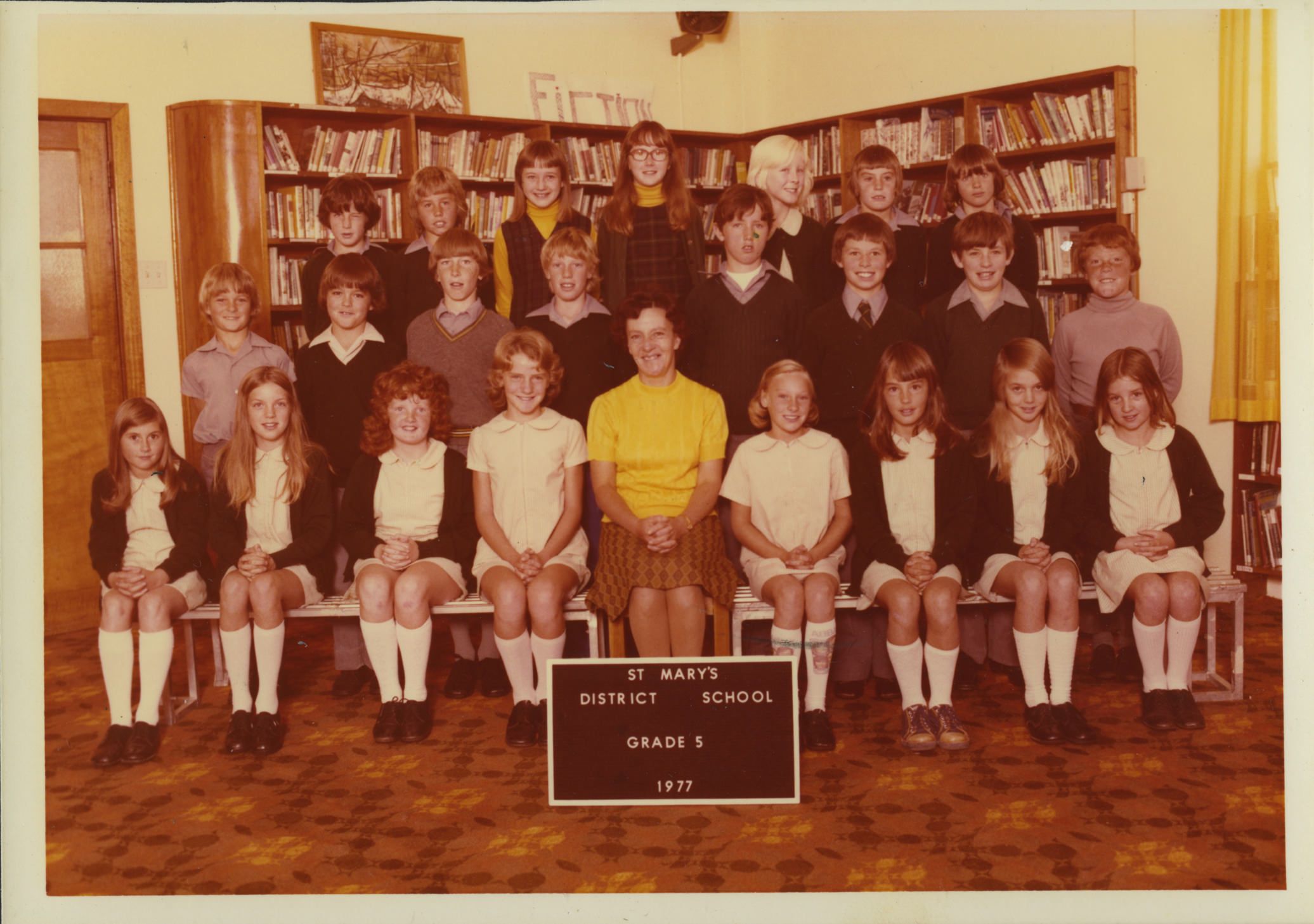Unpacking Quentin Tarantino: A Cinematic Maverick's Legacy
In the vast and varied landscape of contemporary cinema, few names resonate with the same distinctiveness and immediate recognition as Quentin Tarantino. Born on March 27, 1963, Quentin Jerome Tarantino has carved out an unparalleled niche as an American filmmaker, actor, and author. His unique directorial vision has not only redefined genres but has also left an indelible mark on popular culture, making him one of the most influential figures in modern film history.
From his early days as an independent filmmaker in the early 1990s to becoming a global icon, Tarantino's journey is a testament to raw talent, unwavering artistic conviction, and a profound love for cinema itself. His films are characterized by an unmistakable blend of graphic violence, intricately extended dialogue, and non-linear narratives, all woven together with a masterful hand that keeps audiences captivated and critics debating. This article delves into the fascinating world of Quentin Tarantino, exploring his signature style, his most celebrated works, and the lasting legacy of a true cinematic maverick.
Table of Contents
- Biography: The Unconventional Journey of Quentin Tarantino
- Personal Data: Quentin Tarantino
- The Hallmarks of a Tarantino Film
- Early Career and the Rise of an Independent Filmmaker
- Pulp Fiction and the Explosion of Fame
- Iconic Films and Their Enduring Impact
- The Tarantino Ensemble: Cast and Collaborators
- Exploring the Full Filmography of Quentin Tarantino
- The Legacy and Influence of Quentin Tarantino
Biography: The Unconventional Journey of Quentin Tarantino
Quentin Jerome Tarantino was born on March 27, 1963, in Knoxville, Tennessee. From an early age, it was clear that Tarantino possessed an innate fascination with storytelling and the moving image. His path into filmmaking was not through traditional film school but rather through an immersive self-education rooted in his deep love for cinema. He spent years working in a video rental store, where he devoured films of all genres, eras, and origins, meticulously studying their structures, dialogue, and visual language. This unconventional "film school" proved to be the fertile ground from which his unique directorial voice would emerge.
This period of intense film consumption allowed Quentin Tarantino to develop an encyclopedic knowledge of cinema, which he would later liberally reference and reinterpret in his own works. He absorbed influences from classic Hollywood, grindhouse flicks, martial arts films, spaghetti westerns, and French New Wave cinema, among countless others. This eclectic blend of inspirations would become a hallmark of his style, leading to films that felt both familiar and utterly original. His early career was marked by a relentless drive to create, writing screenplays and honing his craft, ultimately leading to the independent filmmaking scene of the early 1990s, where he would soon make an explosive entrance.
Personal Data: Quentin Tarantino
To provide a clearer overview of the celebrated filmmaker, here is a table summarizing key personal data for Quentin Tarantino:
| Attribute | Detail |
|---|---|
| Full Name | Quentin Jerome Tarantino |
| Born | March 27, 1963 |
| Birthplace | Knoxville, Tennessee, USA |
| Nationality | American |
| Occupation | Filmmaker, Actor, Author, Director, Screenwriter, Producer, Cinematographer |
| Known For | Graphic violence, extended dialogue, non-linear narratives, genre-bending films |
| Notable Films | Pulp Fiction (1994), Inglourious Basterds (2009), Django Unchained (2012) |
The Hallmarks of a Tarantino Film
A film by Quentin Tarantino is instantly recognizable, not just by his name in the credits, but by a distinct set of stylistic choices that have become his signature. These elements are not merely aesthetic flourishes but integral components of his storytelling, contributing to the unique narrative experience his movies offer. His approach to filmmaking is characterized by an unpredictable nature, where conventional cinematic rules are often bent or broken to serve his artistic vision.
Graphic Violence and Stylized Storytelling
One of the most frequently discussed and often controversial aspects of Quentin Tarantino's films is their graphic violence. Far from being gratuitous, this violence is typically highly stylized and serves various narrative purposes. It can be shocking, darkly comedic, or even cathartic, often reflecting the brutal realities of the worlds his characters inhabit. From the intense standoff in Reservoir Dogs to the explosive retribution in Django Unchained, violence is a powerful tool in his arsenal, used to punctuate plot points, define characters, and evoke strong emotional responses from the audience. It's rarely realistic in a gritty, documentary sense, but rather heightened and theatrical, fitting into the larger-than-life narratives he constructs.
Extended Dialogue: A Signature Element
Equally defining as the violence, and perhaps even more central to his unique voice, is the extended dialogue found in Quentin Tarantino's films. His characters engage in long, often meandering conversations that might seem tangential to the main plot but are, in fact, crucial for character development, world-building, and establishing the film's tone. These dialogues are witty, sharp, and often filled with pop culture references, revealing the personalities, philosophies, and anxieties of the characters in a way that traditional exposition rarely achieves. Think of the "Royale with Cheese" conversation in Pulp Fiction or the opening scene of Inglourious Basterds; these exchanges are not just words but intricate dances of wit and tension that draw the audience deeper into the narrative.
Early Career and the Rise of an Independent Filmmaker
Quentin Tarantino's emergence onto the film scene in the early 1990s marked a pivotal moment for independent cinema. Before he became a household name, he was a relentless aspiring filmmaker, honing his craft and developing his distinctive voice. His breakthrough came with Reservoir Dogs (1992), a heist film gone wrong that introduced audiences to his signature style: non-linear storytelling, sharp dialogue, and sudden bursts of violence. The film, starring Harvey Keitel, Tim Roth, and Michael Madsen, garnered critical acclaim and established Tarantino as a fresh and exciting talent to watch.
This debut was a powerful statement of intent. It showcased his ability to craft compelling narratives with limited resources, relying heavily on the strength of his screenplay and the performances of his ensemble cast. The success of Reservoir Dogs positioned him as a leading figure in the burgeoning independent film movement, demonstrating that compelling and original stories could be told outside the traditional Hollywood studio system. It was this early success that paved the way for his next, even more ambitious, project, which would solidify his place in cinematic history.
Pulp Fiction and the Explosion of Fame
While Reservoir Dogs introduced him, it was Pulp Fiction (1994) that catapulted Quentin Tarantino to widespread fame and cemented his status as a cinematic visionary. This groundbreaking film, known for its unpredictable, violent narrative, became a cultural phenomenon. It masterfully intertwines the lives of two mob hitmen, a boxer, a gangster and his wife, and a pair of diner bandits in four tales of violence and redemption. The film's non-chronological structure, iconic dialogue, and memorable characters redefined what a mainstream film could be, earning him an Academy Award for Best Original Screenplay.
Pulp Fiction wasn't just a critical success; it was a commercial triumph that influenced a generation of filmmakers and artists. Its impact was profound, demonstrating that complex, unconventional narratives could resonate deeply with a broad audience. The film's cultural footprint is immense, with its quotes, scenes, and characters becoming instantly recognizable. It solidified Quentin Tarantino's reputation as a director who dared to defy conventions, creating films that were both intellectually stimulating and viscerally thrilling.
Iconic Films and Their Enduring Impact
Beyond Pulp Fiction, Quentin Tarantino continued to craft a series of highly acclaimed and influential films, each bearing his distinctive mark while exploring new genres and historical periods. His filmography is a carefully curated collection of cinematic experiences, each designed to challenge, entertain, and provoke thought. These movies have not only been box office successes but have also contributed significantly to cinematic discourse, showcasing his versatility and unwavering commitment to his artistic vision.
Inglourious Basterds: A Reimagined History
Released in 2009, Inglourious Basterds showcased Quentin Tarantino's audacious approach to historical narratives. The film presents an alternate history of World War II, focusing on two plots to assassinate Nazi Germany's leadership. It features a stellar ensemble cast and is famous for its tension-filled scenes and sharp dialogue. This film demonstrated Tarantino's willingness to subvert historical accuracy for the sake of compelling storytelling, proving that history could be a playground for his unique brand of cinematic reinterpretation. The film was a critical and commercial success, further solidifying his reputation for pushing boundaries.
Django Unchained: A Western with a Vengeance
In 2012, Quentin Tarantino ventured into the Western genre with Django Unchained. This film tells the story of a freed slave who journeys across America to rescue his wife from a brutal plantation owner. Like his previous works, it is characterized by its graphic violence and extended, impactful dialogue. Django Unchained was another critical and commercial hit, earning Tarantino his second Academy Award for Best Original Screenplay. It showcased his ability to infuse classic genres with his modern, often provocative, sensibilities, creating a film that was both a homage to Westerns and a powerful statement on historical injustice.
The Tarantino Ensemble: Cast and Collaborators
A significant aspect of Quentin Tarantino's success lies in his ability to attract and consistently work with a remarkable roster of talent. He has a knack for casting actors who perfectly embody his eccentric characters, often bringing out career-best performances from them. From his earliest works like Reservoir Dogs, featuring Harvey Keitel, Tim Roth, and Michael Madsen, to later films with long-time collaborators like Samuel L. Jackson and Uma Thurman, Tarantino fosters a unique working environment that allows actors to truly shine.
His collaborations extend beyond just actors. Tarantino is known for working with a consistent crew, including cinematographers and editors, who understand and can execute his distinct vision. This collaborative spirit contributes to the cohesive and unmistakable "Tarantino feel" that permeates all his projects. His ability to draw out such memorable performances and create enduring characters is a testament to his skill not just as a director, but as a true artist who understands the nuances of human behavior and dialogue.
Exploring the Full Filmography of Quentin Tarantino
For those eager to delve deeper into the works of this master filmmaker, exploring the complete filmography of Quentin Tarantino is a rewarding endeavor. Each film offers unique insights into his evolving style, recurring themes, and his deep reverence for cinematic history. You can find a ranked list of all Quentin Tarantino movies, from his debut to his latest release, often with insights into each film's impact and legacy, on various reputable film databases and review sites like Rotten Tomatoes. These resources provide comprehensive details on every movie and TV show he has been credited in, whether as a director, screenwriter, producer, or even as an actor.
Here are all Quentin Tarantino movies ordered by release date, allowing you to trace his artistic progression:
- Reservoir Dogs (1992)
- Pulp Fiction (1994)
- Jackie Brown (1997)
- Kill Bill: Volume 1 (2003)
- Kill Bill: Volume 2 (2004)
- Death Proof (2007) (part of Grindhouse double feature)
- Inglourious Basterds (2009)
- Django Unchained (2012)
- The Hateful Eight (2015)
- Once Upon a Time in Hollywood (2019)
The Legacy and Influence of Quentin Tarantino
Quentin Tarantino's impact on cinema is undeniable and far-reaching. He has inspired countless filmmakers to embrace non-linear storytelling, prioritize sharp dialogue, and fearlessly blend genres. His films have not only achieved critical and commercial success but have also become cultural touchstones, frequently referenced in other media and pop culture discussions. The phrase "Tarantino-esque" has entered the lexicon, immediately conjuring images of stylish violence, witty banter, and eclectic soundtracks.
His dedication to film as an art form, evident in his meticulous attention to detail and his profound understanding of cinematic history, sets him apart. Quentin Tarantino is more than just a director; he is a cinephile who shares his passion with the world through his uniquely crafted narratives. His legacy is one of innovation, boundary-pushing, and an unwavering commitment to his singular artistic vision, ensuring his place as one of the most significant filmmakers of his generation and beyond.
The world of Quentin Tarantino is a vibrant, often shocking, but always captivating place. From the intricate web of intertwining lives in Pulp Fiction to the historical reimagining of Inglourious Basterds and the powerful Western revenge tale of Django Unchained, his films consistently challenge expectations and deliver unforgettable cinematic experiences. We encourage you to explore his filmography, discover your own favorite picks, and delve into the rich, unpredictable worlds he creates. What's your favorite Quentin Tarantino movie, and why? Share your thoughts in the comments below!

Pictures of Quentin Kenihan

Pictures of Quentin Kenihan

Pictures of Quentin Kenihan